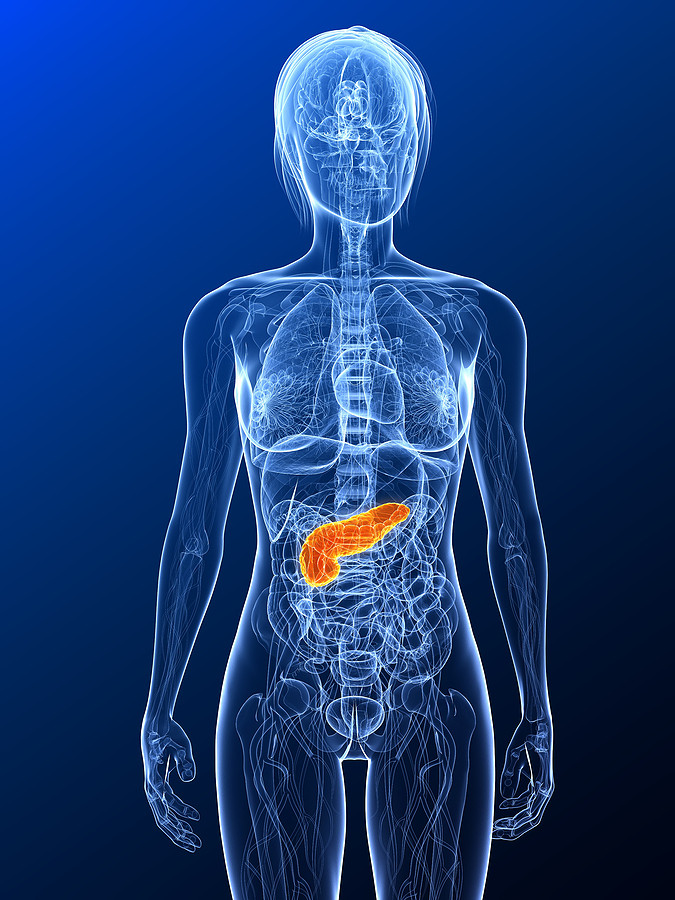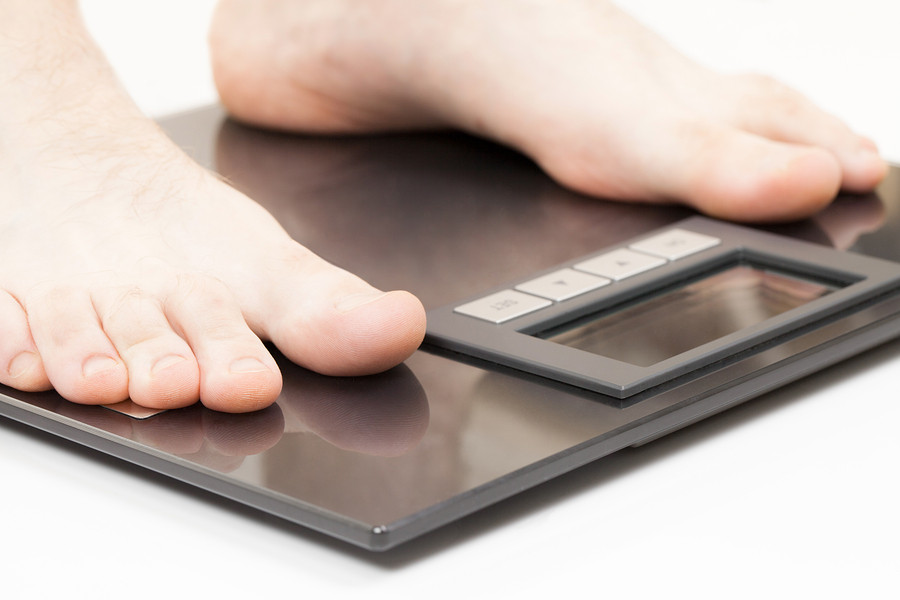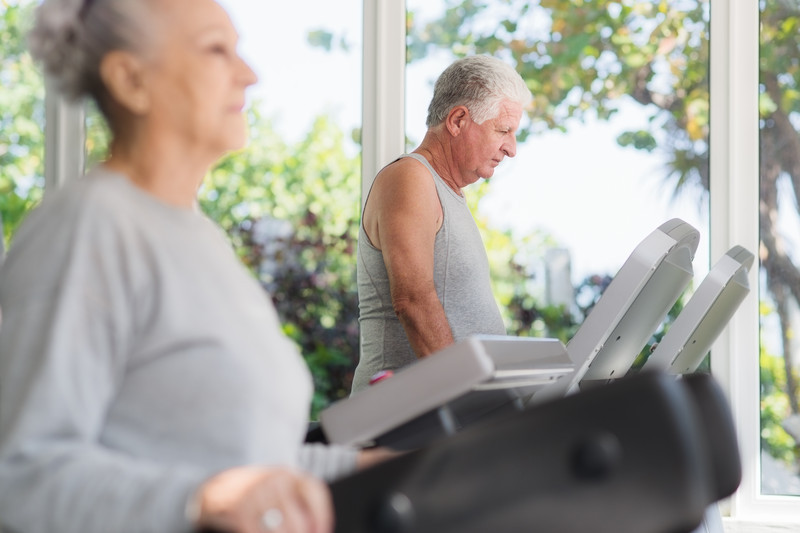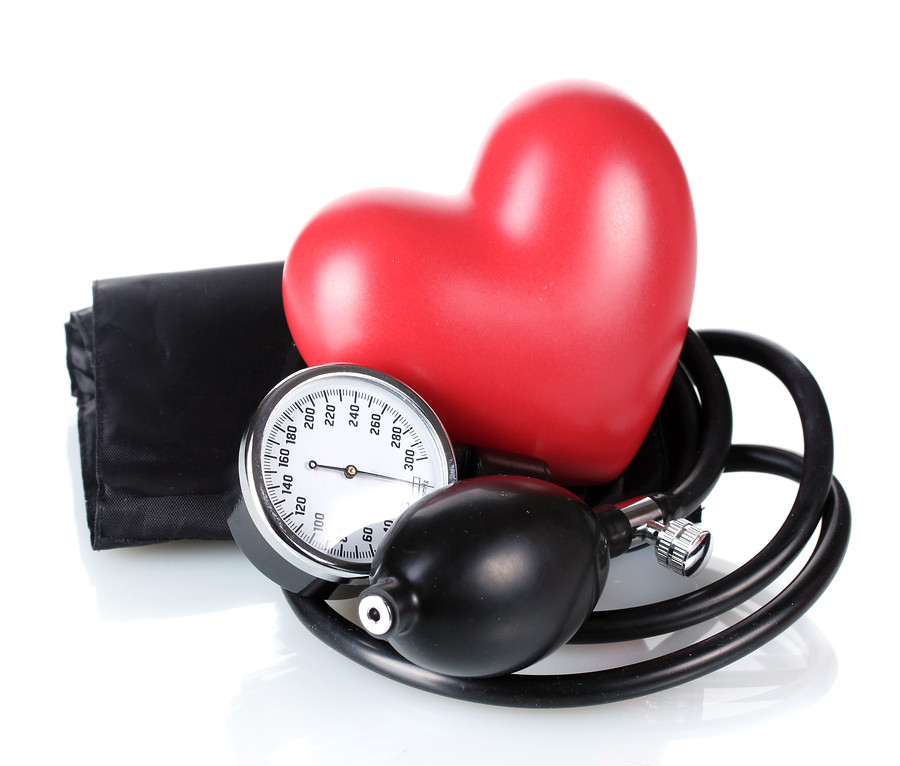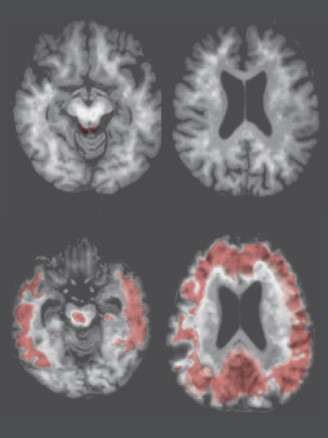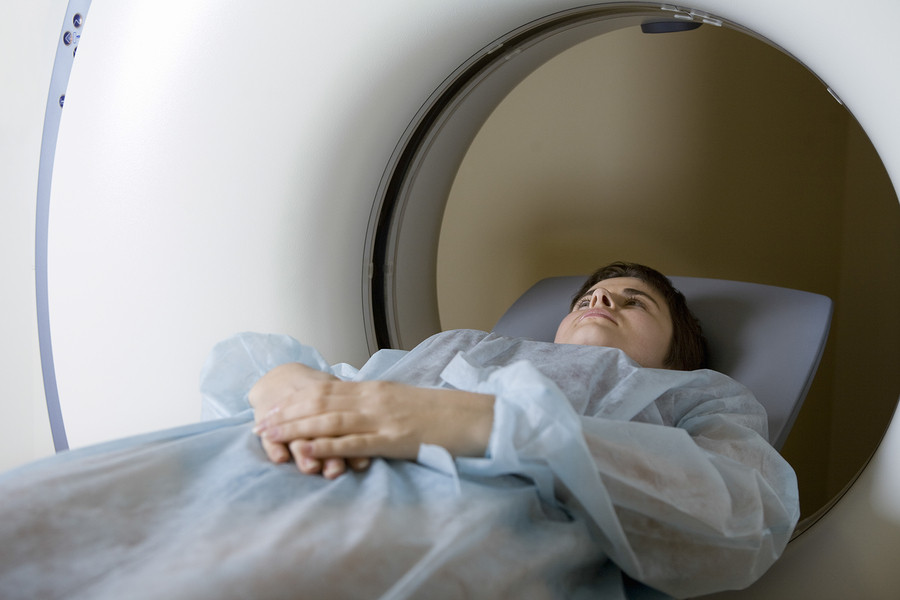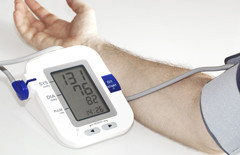
Driving with arthritis pain: Stay comfortable — and safe — behind the wheel

Daily cup of coffee may prevent afib recurrence

Gene-editing therapy lowers harmful blood fats in early study

What is EMDR therapy, and who can it help?

GLP-1 drugs versus bariatric surgery for treating obesity

Two dumbbells, three exercises, and 10 minutes

Easing the emotional burden of IBS

Modify your push-ups to meet your fitness level

What is long QT syndrome?

Stroke survivors may benefit from very low LDL levels
Harvard Health Blog
Read posts from experts at Harvard Health Publishing covering a variety of health topics and perspectives on medical news.
Articles
Caffeine and a healthy diet may boost memory, thinking skills; alcohol’s effect uncertain
A study published in this month’s Journal of Nutrition suggests that drinking caffeinated beverages, having the occasional alcoholic drink, and eating a healthy diet may help preserve memory and thinking skills long into old age. In particular, foods that are part of the Mediterranean diet—fruits, vegetables, nuts, fish, olive oil, and whole grains—show promise for preserving memory and preventing Alzheimer’s and other forms of dementia.
“Bionic pancreas” could help people with type 1 diabetes control blood sugar
Researchers at Boston University and Massachusetts General Hospital have developed a bionic pancreas. In an early test of the device, reported online this week in the New England Journal of Medicine, it helped control blood sugar levels in 20 adults and 32 teenagers with type 1 diabetes who went about their daily lives without the constant monitoring and injecting that’s required with type 1 diabetes. Right now, this artificial pancreas is essentially an app that runs on an iPhone wirelessly connected to a monitor worn on the abdomen that continually checks blood sugar and two pumps, one for insulin and one for glucagon. The team that developed the bionic pancreas have begun a second round of testing, and hope to have a more sophisticated version on the market in five years. While not a cure, the development of a bionic pancreas represents a bridge that would let people with type 1 diabetes control their blood sugar with less hassle, and more safely, than they do now.
Erectile dysfunction drugs may protect against penis shrinkage after prostate surgery
Some men have a slightly shorter penis after undergoing surgery to remove a cancerous prostate gland. A new study shows that taking an erectile dysfunction drug like Viagra or Cialis after surgery can prevent that from happening.
When you can’t let go: What to do about hoarding
Many of us have trouble parting with our possessions—even when we no longer need them. Some people hold onto decades’ worth of receipts, newspapers, and other seemingly useless items. They have hoarding disorder—a mental health condition characterized by a compulsive need to acquire and keep possessions, even when they’re not needed. Exactly when a “pack rat” crosses the line into true hoarding has to do with the intensity with which they’re saving, and the difficulty getting rid of things. Severe hoarders can accumulate so much that they render their living spaces unusable—and dangerous. Hoarding also takes an emotional toll on families and friends. Experts recommend treating hoarders with hoarding cognitive behavioral therapy (CBT) to help the person better understand why he or she is hoarding, and to improve decision-making, organizational, and problem-solving skills.
For women on osteoporosis drug “holiday,” bone testing at one year offers little benefit
For women with osteoporosis who are embarking on a “holiday” from taking a bone-building drug, the message from a study released today is “Bon voyage—see you in two years or so.” After menopause, loss of bone (osteoporosis) can lead to crippling fractures of the hip and spine. Drugs called bisphosphonates—alendronate (Fosamax) was the first on the market in the mid-1990s—slow bone loss. But after taking these drugs for a number of years, the balance can begin to tip from help to harm. A new report from the Fracture Intervention Trial Long-term Extension (FLEX) shows that measuring bone density after one year added no information that would have helped doctors identify who was at risk and perhaps should start taking a bisphosphonate again. Waiting two years is a good option for most women.
Expert panel says “no” to widespread testing for Alzheimer’s, dementia
A new report from the Alzheimer’s Association says that as many as 5 million Americans have Alzheimer’s disease or some other form of dementia. Every 67 seconds someone in the United States develops Alzheimer’s disease or dementia. That’s 470,000 Americans this year alone. Given that these thieves of memory and personality are so common and so feared, should all older Americans be tested for them? In proposed guidelines released yesterday, the U.S. Preventive Services Task Force said “no.” Why not? Even after conducting a thorough review of the evidence, the panel said that there isn’t enough solid evidence to recommend screening, especially since not enough is known about the benefits and the harms. In part, the recommendation is based on the sad fact that so far there aren’t any truly effective approaches to stop the forward progress of dementia.
Most headache-related brain scans aren’t needed
Severe headaches are a misery, whether they cause a dull ache or a steady, stabbing, or blinding pain. Such pain rarely comes from something catastrophic, like a tumor or a bleeding in the brain. Yet an estimated 12% of people with headaches get brain scans. A new study shows that these unnecessary scans add several billion dollars a year to health care costs for very little benefit. Excessive brain scanning costs more than just dollars. Repeated CT scans deliver enough radiation to increase the odds of developing cancer. Scans also tend to lead to more scanning if the test turns up something strange. Many people who see a doctor because of severe and recurrent migraine headaches don’t need brain scans. They need the right therapy to stop their pain.
When caring for a loved one, many caregivers go it alone
An estimated 43.5 million Americans provide in-home, long-term care for older adult family members with a chronic illness. In a new JAMA survey, caregivers are typically women who spend about 20 to 40 hours a week providing care. Most caregivers feel abandoned and unrecognized by the health care system. Spousal caregivers face greater challenges than caregivers helping a parent for a variety of reasons, one of which is that they tend to be older. Many caregivers don’t know about, or take advantage of, services and support systems such as respite care, help with non-medical services such as housekeeping and cooking, counseling, and more. The Caregiver’s Handbook, a Special Health Report from Harvard Medical School, includes detailed information that can help women and men provide better care for their loved ones and take care of themselves.
Big arm-to-arm difference in blood pressure linked to higher heart attack risk
The next time you have your blood pressure checked, ask your health care to check it in both arms, rather than just in one. Why? A big difference between the two readings can give you an early warning about increased risk of cardiovascular disease, a new study suggests. Harvard researchers found that people who have a 10-point difference in blood pressure from one arm to the other are 38% more likely to have a heart attack, stroke, or a related problem than those with arm-to arm differences less than 10 points. Small differences in blood pressure readings between the right and left arm are normal. But large ones suggest the presence of artery-clogging plaque in the vessel that supplies blood to the arm with higher blood pressure. Clogging there means there’s a good chance the arteries in the heart and brain are also clogged, boosting the odds of having a heart attack or stroke.
Death of a spouse or partner can lead to heart attack or stroke
The grief of losing a spouse or partner affects not just emotional and mental health, but physical health as well. The surviving spouse or partner often develops health problems in the weeks and months that follow. A study published this week in JAMA Internal Medicine found that individuals who had lost a spouse or partner were more likely to have a heart attack or stroke within the next 30 days. Grief activates the sympathetic nervous system, which is responsible for revving up the body’s fight-or-flight response. That can lead to stress-induced changes in blood pressure, heart rate, and blood clotting. There is also a tendency after such a profound loss for the surviving spouse or partner to disregard his or her own health. It can take several months to a year to work through grief and grieving. If it lasts much longer, and is interfering with daily life—seeing friends, doing once-pleasurable activities—it’s possible that grief has morphed into something more serious, like depression.

Driving with arthritis pain: Stay comfortable — and safe — behind the wheel

Daily cup of coffee may prevent afib recurrence

Gene-editing therapy lowers harmful blood fats in early study

What is EMDR therapy, and who can it help?

GLP-1 drugs versus bariatric surgery for treating obesity

Two dumbbells, three exercises, and 10 minutes

Easing the emotional burden of IBS

Modify your push-ups to meet your fitness level

What is long QT syndrome?

Stroke survivors may benefit from very low LDL levels
Free Healthbeat Signup
Get the latest in health news delivered to your inbox!
Sign Up

